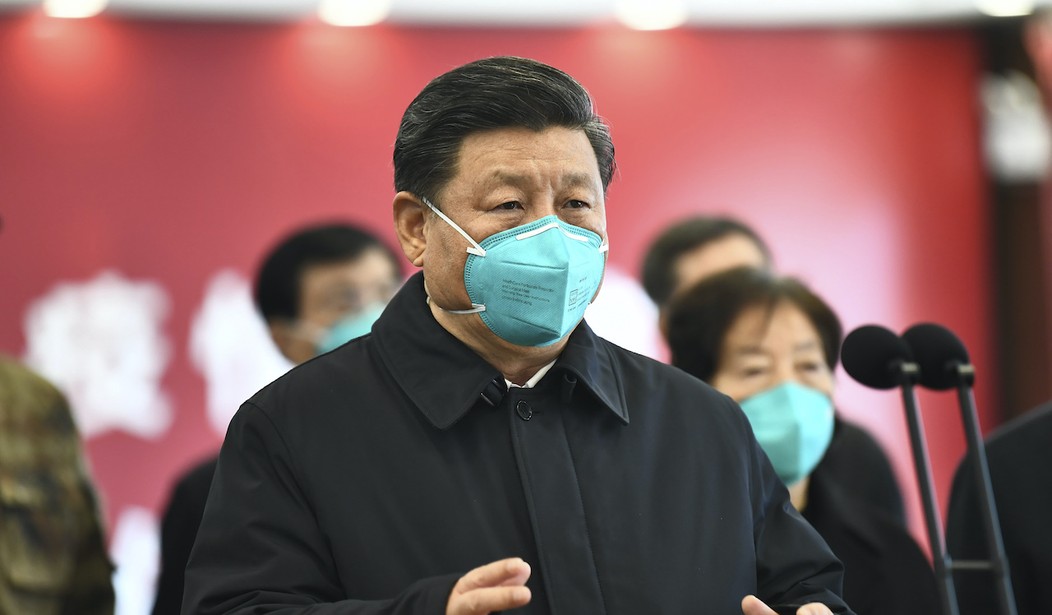In one sense this is big news, in another sense it’s not news at all. Every vaccine is less effective against the B.1.617 Indian/Delta variant than it is against other variants as far as I know. That’s part of the reason Delta is so dangerous. Not only is it extremely contagious, it’s better at evading immunity than most variants are. (The South African variant may be an exception but that one’s less transmissible.) So, no news here in that sense. If Pfizer is less effective against Delta, and it is, then we’d expect China’s vaccines, Sinopharm and Sinovac, to be less effective too.
What makes this big news is that Sinopharm and Sinovac aren’t very effective even against more familiar varieties of SARS-CoV-2. Ed and I have written ad nauseam about the “surprising” outbreaks being experienced by countries that are relying on China’s vaccines. And there are a lot of those countries — more than 90, in fact, thanks to China’s diplomatic initiative to spread its vaccines (and influence) to poorer countries around the world.
How useful will subpar vaccines be against the most dangerous COVID variant known to science? Pfizer is only slightly less effective against Delta than it is against other strains, something on the order of 88 percent versus 95 percent. What kind of global clusterfark might we be staring at, though, if it turns out that Sinopharm and Sinovac are much less effective against Delta than against the common virus, which they’re already not very effective against?
Better start thinking about it because the Chinese researcher who made this admission today was notably coy about quantifying the diminished efficacy of the two vaccines.
Antibodies triggered by two Chinese COVID-19 vaccines are less effective against the Delta variant compared with other strains but the shots still offer protection, a Chinese disease control researcher told state media…
In an interview aired by China Central Television late on Thursday, Feng Zijian, researcher and former deputy director at the Chinese Center for Disease Control and Prevention, did not provide further details…
“In the Guangdong outbreak … none of those vaccinated infections became severe cases, and none of the severe cases were vaccinated,” Feng said.
Chinese vaccines have been reasonably good at preventing the sort of severe illness that would otherwise send vaccinated people to the hospital. What they’re not good at is preventing infection and transmission. So when you put them up against a super-contagious, vaccine-resistant variant like Delta, what’s going to happen? How many vaccinated people in countries using Sinopharm or Sinovac will wind up infecting unvaccinated people who’ll get sick enough to need emergency care?
And how many of those vaccinated people might need emergency care themselves? If the vaccines are considerably weaker against Delta than against other variants, it may be that they won’t be as good at keeping recipients out of the hospital as they have been.
The NYT wrote about the poor track record of China’s vaccines a few days ago:
In the Seychelles, Chile, Bahrain and Mongolia, 50 to 68 percent of the populations have been fully inoculated, outpacing the United States, according to Our World in Data, a data tracking project. All four ranked among the top 10 countries with the worst Covid outbreaks as recently as last week, according to data from The New York Times. And all four are mostly using shots made by two Chinese vaccine makers, Sinopharm and Sinovac Biotech…
China, as well as the more than 90 nations that have received the Chinese shots, may end up … contending with rolling lockdowns, testing and limits on day-to-day life for months or years to come. Economies could remain held back. And as more citizens question the efficacy of Chinese doses, persuading unvaccinated people to line up for shots may also become more difficult…
Nikolai Petrovsky, a professor at the College of Medicine and Public Health at Flinders University in Australia, said that with all of the evidence, it would be reasonable to assume the Sinopharm vaccine had minimal effect on curbing transmission. A major risk with the Chinese inoculation is that vaccinated people may have few or no symptoms and still spread the virus to others, he said.
Whatever problems China’s vaccines are having in containing common coronavirus should only get worse as Delta becomes dominant. Word has gotten out too about the weakness of China’s vaccines, creating an unusual dilemma for people in hard-hit countries like Brazil. Do they take a Sinovac vaccine, which is plentiful and should provide *some* protection, or do they hold out for the scarcer but more effective Pfizer vaccine and risk infection while they’re waiting? Many Brazilians have apparently decided they’d rather take their chances with catching COVID while waiting for Pfizer than get a Sinovac shot. I don’t agree with that logic but I can understand their lack of confidence in China’s product. Especially with Delta now on the march.
I’ll leave you with this new report on the world’s most vaccinated country, the Seychelles, extending social distancing measures indefinitely because it can’t get a handle on community spread despite how many people there have gotten their shots. They’re using a Chinese vaccine, of course. And to make things more ominous, it’s not Delta that’s giving them grief right now. It’s the Beta, a.k.a. South African, variant, which is less contagious. What’s going to happen when Delta finally arrives?







